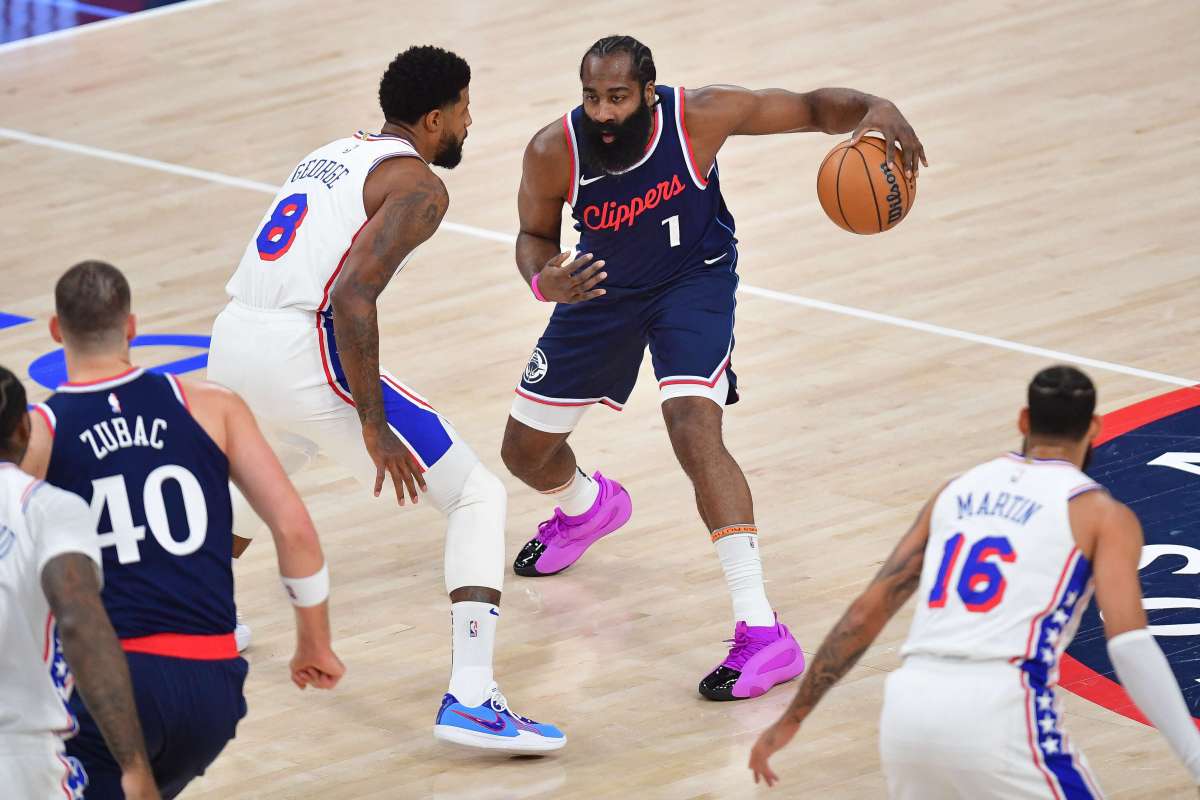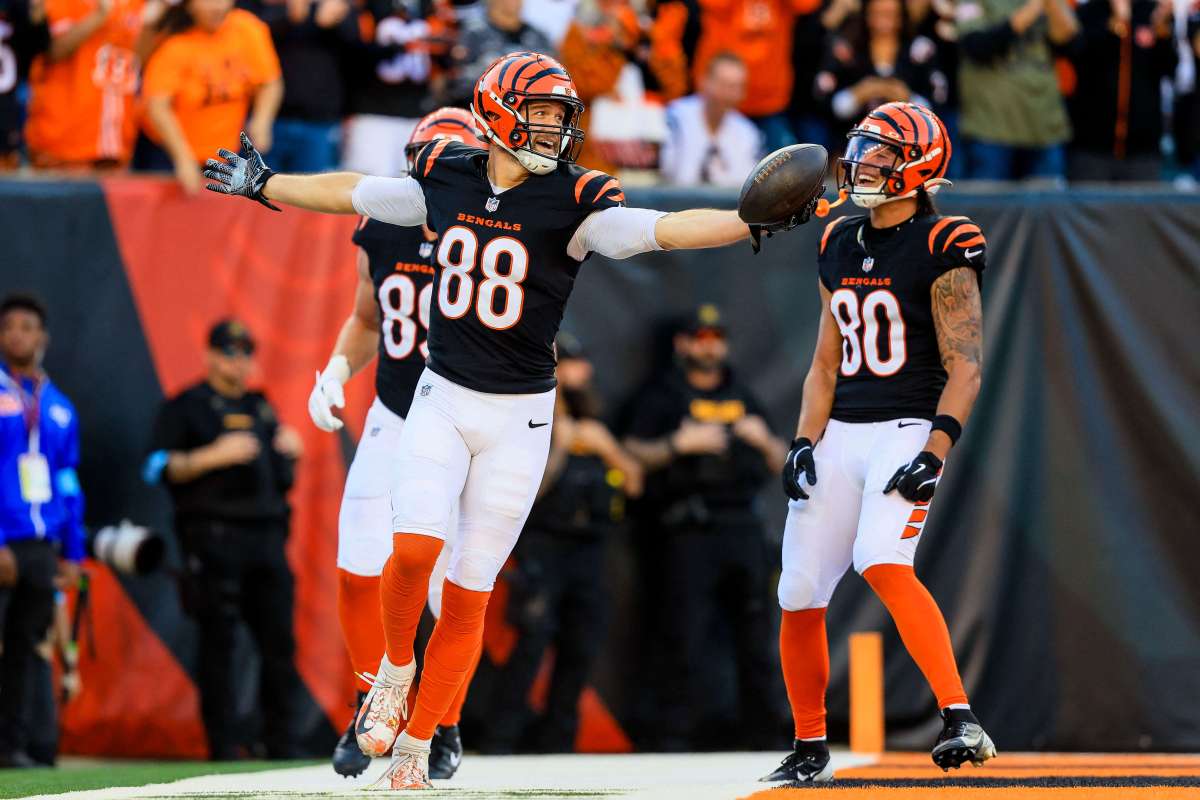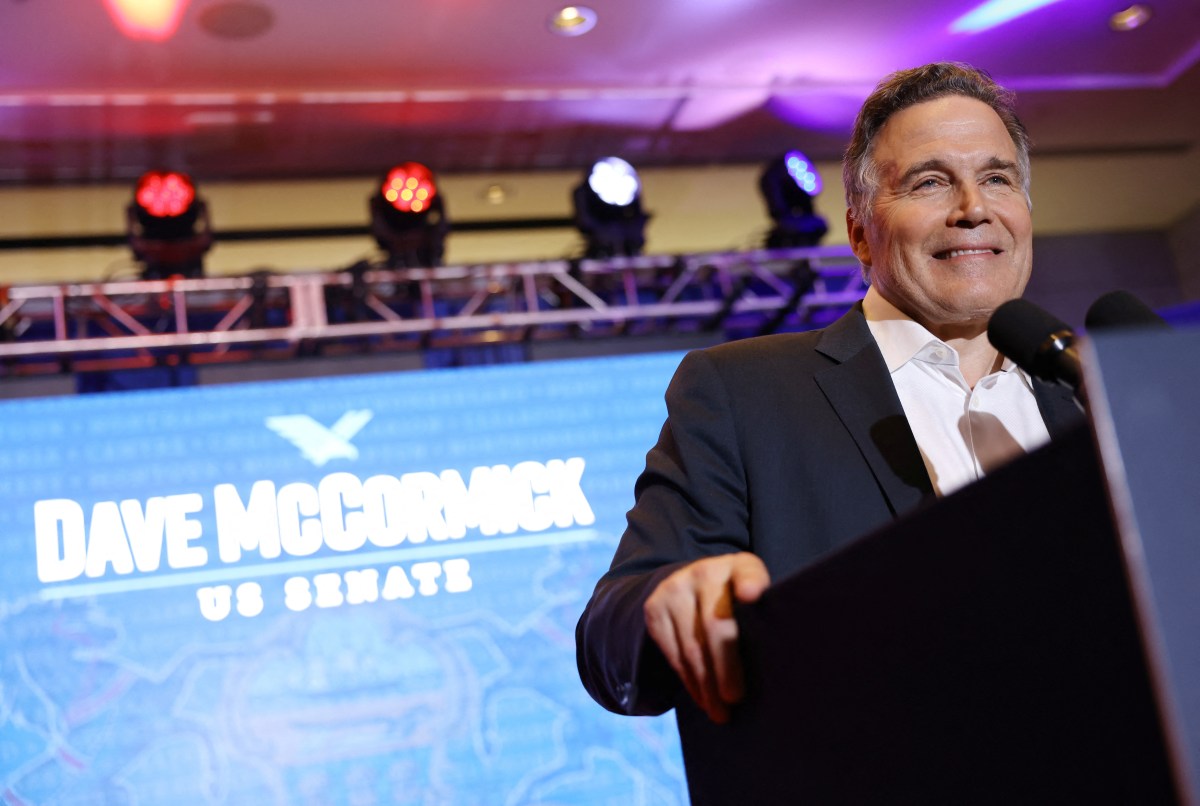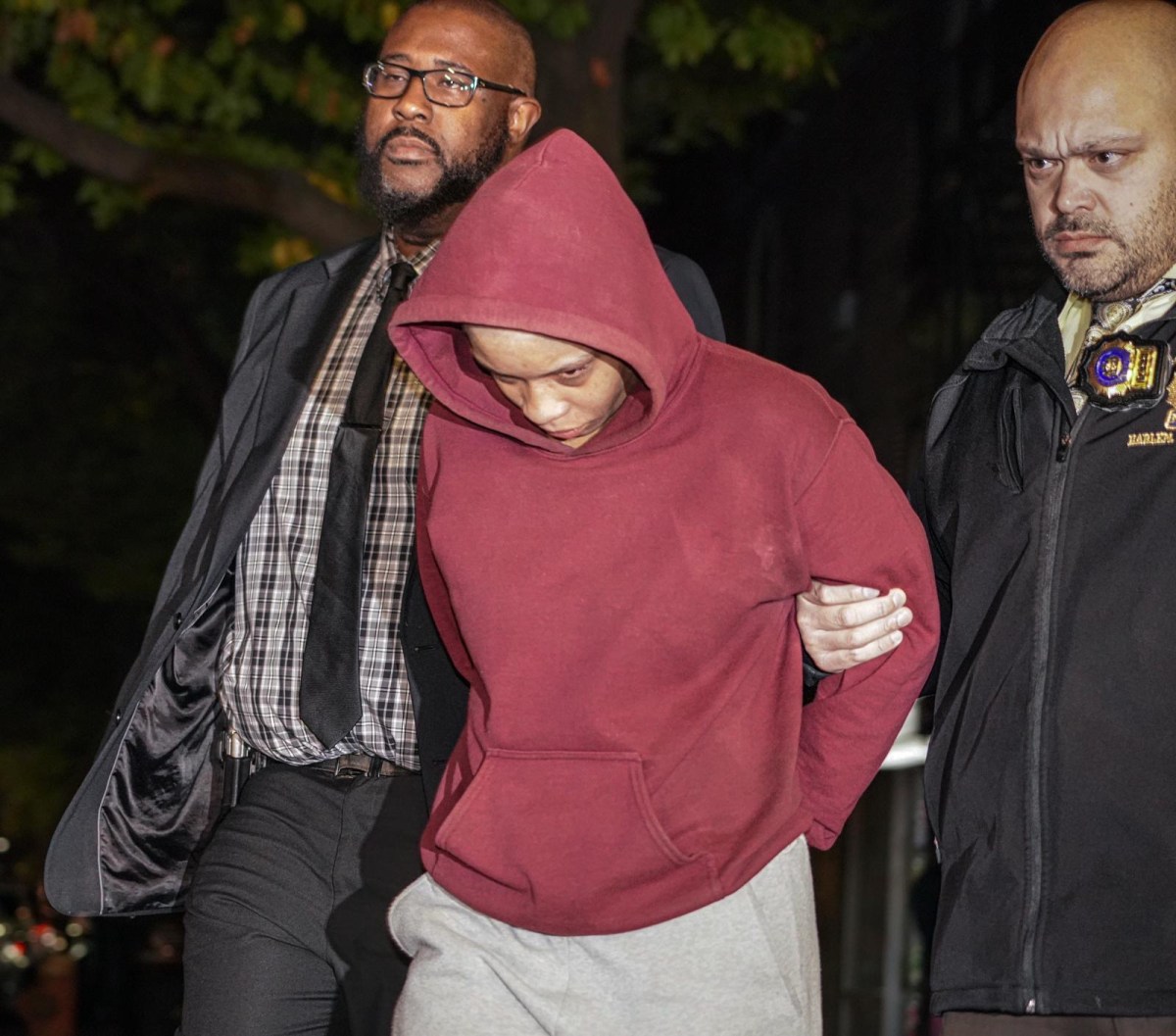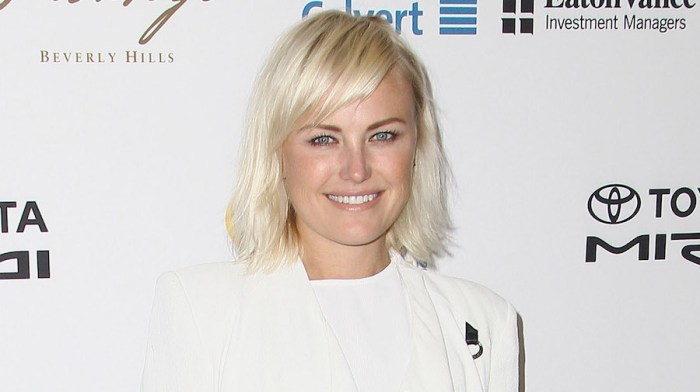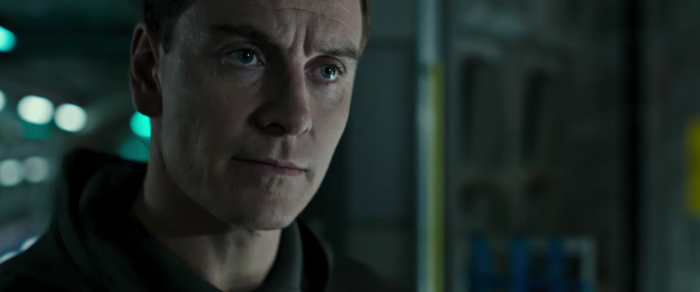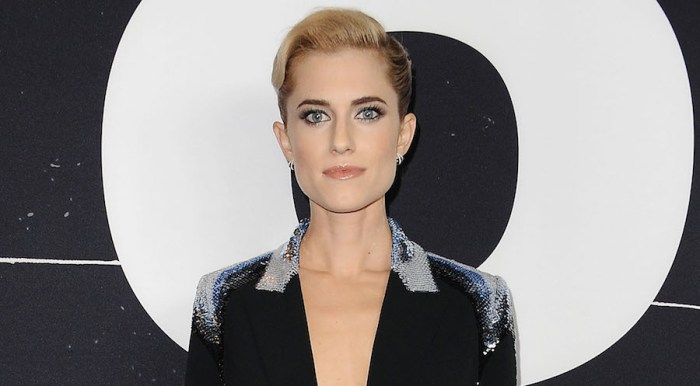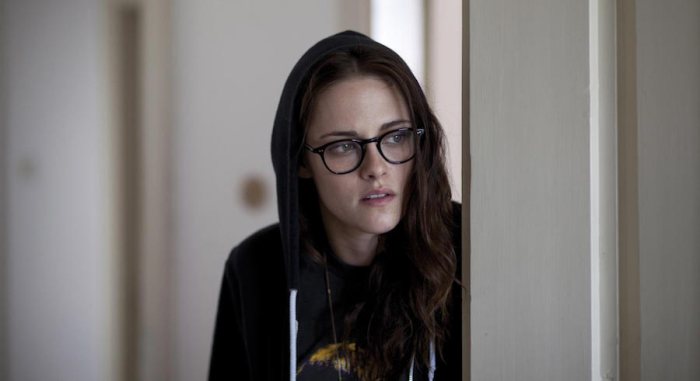As we dig back into late musician David Bowie’s vast body of albums and singles, we should also remember that he had an on-again-off-again affair with the movies. That should come as no surprise: his music was often described as “theatrical,” and his tours were often lavish. Against bold sets — most garishly the giant spider on the 1987 “Glass Spider Tour” — he’d do more than sing and dance. He’d perform, as though acting out each and every song. RELATED: Legendary musician David Bowie dies at 69 Most of Bowie’s movie performances, though, weren’t over-the-top. They were subtle, introspective, almost minimalist. It was as though he was trying to see how little he could do onscreen. Even as Jareth, the “goblin king” in “Labyrinth,” he didn’t ham it up. He was a figure of elegance, who just happened to be surrounded by silly Jim Henson puppets. Bowie studied avant-garde theater and mime in the 1960s, as his music career was just starting, and he even co-starred in the 1969 experimental short film “The Image.” But he didn’t make his proper, splashy film acting debut till 1976’s “The Man Who Fell to Earth.” It was a perfect fit, not just because he played an alien, but because, like him, it was trying to do something daring and new with a popular medium. RELATED: Where does “Blackstar” rank amongst David Bowie’s latter-day albums? Its director, Nicolas Roeg, made films that played restlessly with editing tricks, including “Performance” (with Bowie’s friend Mick Jagger) and the horror film “Don’t Look Now.” Here, Roeg got viewers into the mindset of Bowie’s Jerome, who has come to Earth hoping to find a cure for his desolate planet. Instead he gets caught up in life here, and the film barrels through the decades as everyone but him ages. He’s stuck being 1976 Bowie, depressed, helpless and self-pitying. Bowie himself avoided this fate, constantly reinventing himself, even ridding himself of a crippling cocaine addiction in 1977. That also meant mostly being too busy for movies. Following the disastrously received 1978 drama “Just a Gigolo,” which featured the last screen appearance of Marlene Dietrich, he skipped the traditional pop-icon-on-film route almost entirely. RELATED: David Bowie’s son, Duncan Jones, tweets childhood pic When he chose films he tended to choose them carefully. In 1983, he worked with legendary Japanese filmmaker Nagisa Oshima on the beautiful and sad “Merry Christmas, Mr. Lawrence,” playing a British POW in a WWII Japanese camp who becomes a target for abuse by the camp commandant (Ryuichi Sakamoto). The two men are actually in love, but the only way they can act on it is through a physically and psychologically antagonistic relationship. Bowie’s films weren’t always good, but he was always good in them. “The Hunger,” also from 1983, found him as a suave vampire opposite Catherine Deneuve. The feature debut of Tony Scott (“Top Gun,” “Crimson Tide”), it’s hyper-directed within an inch of its life, but knife through the thicket and there’s a heartbreaking turn from Bowie, whose character spends the first half-hour suddenly aging very quickly, en route to an unceremonious death. Bowie handles it with regal aplomb, and when he dies the film more or less dies with him. Of course, there’s also “Labyrinth,” the Jim Henson-George Lucas-Terry Jones fantasy that introduced him to a whole new generation of children, even though they were watching him play a grown man trying to woo a teenage Jennifer Connelly. Despite this, he only kept on foot dangling in and out of cinema, preferring smaller roles in the likes of “Absolute Beginners,” a tiny, freaky walk-on in “Twin Peaks: Fire Walk with Me” and a single scene in Martin Scorsese’s “The Last Temptation of Christ,” playing a very matter-of-fact Pontius Pilate calmly berating Willem Dafoe’s J.C. It was around the time of 1996’s “Basquiat,” in which he played no less than Andy Warhol, that he confessed on “Charlie Rose” to hating film acting because he found all the waiting around to be boring and artistically unfulfilling. It’s a shame movies are such a laborious undertaking; he could have been an even greater force in another art form. Instead he teased us with his greatness, especially in Christopher Nolan’s dueling magician drama “The Prestige.” He had the small but crucial role of Nicola Tesla, the real-life inventor slipped into a fictitious film about science-as-magic. Bowie gets one of cinema’s great walk-ons — appearing to materialize from a mad electric storm — then gets a line that might as well be autobiographical. “The first time I changed the world, I was hailed as visionary,” his Tesla says. “The second time I was asked politely to retire.” Even in a medium that was not his own, he marked his territory. One final note: Bowie was so outraged by the script for Todd Haynes’ speculative glam rock epic “Velvet Goldmine” — about a bisexual Bowie-esque superstar played by Jonathan Rhys Meyers — that he denied him the rights to any of his songs. No matter the spuriousness of its allegations, including that he slept with a composite of Iggy Pop and Lou Reed (played by Ewan McGregor), it’s a film that really understands the allure of his Ziggy Stardust era, and the life-altering impact it has on its fans. Written off upon its release in 1998, it now finally has its cult audience. And of course, they’re teenage girls. Follow Matt Prigge on Twitter @mattprigge
Remembering David Bowie, movie star
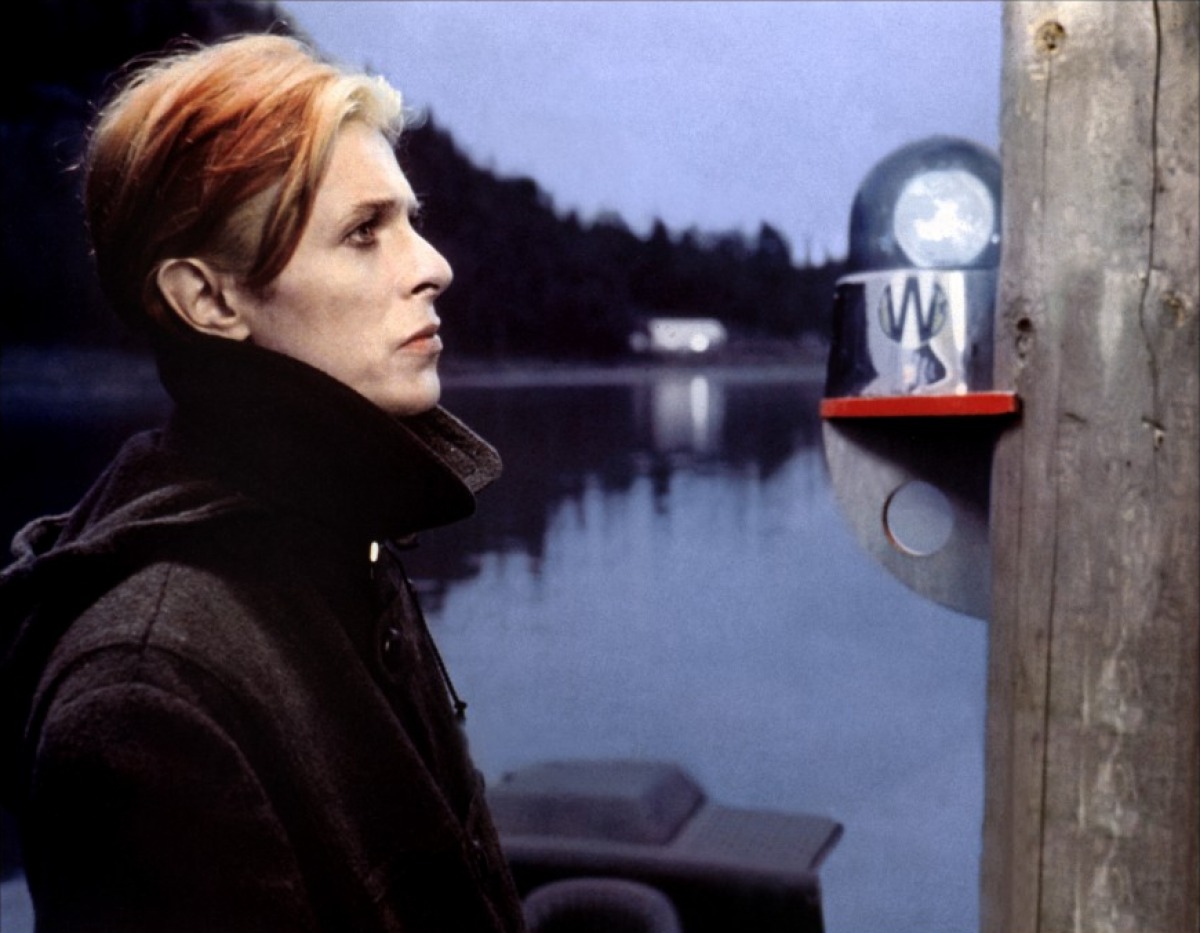
Provided






